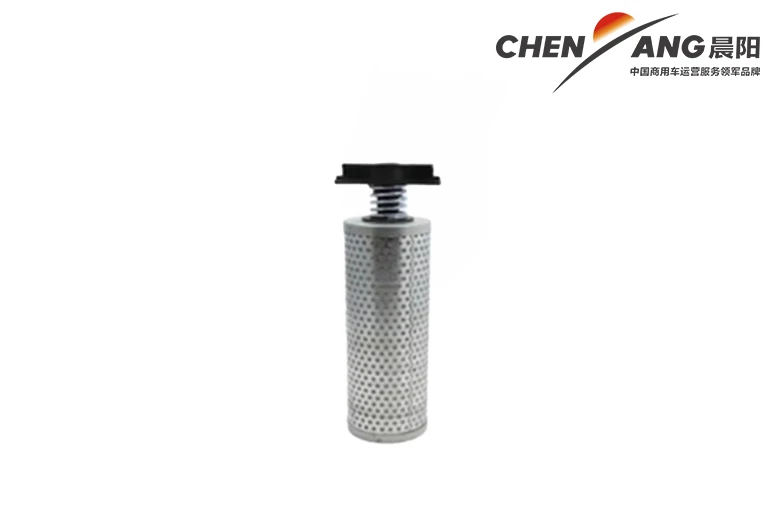Understanding the Role of Air Filters in Automotive Engine Performance and Maintenance
The Importance of Air Filters in Car Engines
When it comes to maintaining optimal performance and longevity of a vehicle, one often overlooked component is the air filter. Located within the air intake system, the air filter plays a crucial role in ensuring that the engine receives clean air, which is vital for combustion. In this article, we will explore the significance of air filters in car engines, how they work, the types available, and the importance of regular maintenance.
How Air Filters Work
The primary function of an air filter is to remove dirt, dust, pollen, and other contaminants from the air before it enters the engine. The engine requires a precise mixture of air and fuel to operate efficiently, and the quality of the air directly impacts performance. When air enters through the intake system, it passes through the filter, which traps impurities while allowing clean air to flow into the combustion chamber. This process not only promotes better fuel combustion but also protects essential engine components from damage caused by abrasive particles.
Types of Air Filters
Air filters come in various types, each designed to suit different vehicle requirements and driving conditions. The most common types include
1. Panel Filters These are flat, rectangular filters that fit directly into the engine air intake. They can be made from paper, foam, or cotton, with each material offering different filtration properties and airflow characteristics.
2. Cone Filters Often used in performance applications, cone filters are designed to provide a higher airflow rate. They are typically reusable and can be cleaned and re-oiled, making them a popular choice among car enthusiasts looking to enhance engine performance.
3. Synthetic Filters These filters use synthetic materials that provide superior filtration and longevity. They are often designed to be washable, allowing for extended use without frequent replacements.
4. Cabin Air Filters Although not directly part of the engine, cabin air filters are worth mentioning as they ensure that the air entering the vehicle's interior is clean. This is especially important for maintaining passenger comfort and health.
air filter in car engine

Benefits of a Clean Air Filter
A clean air filter offers multiple benefits that extend beyond engine performance. First and foremost, it improves fuel efficiency. A clogged or dirty air filter can restrict airflow, causing the engine to work harder and consume more fuel. By maintaining a clean filter, drivers can expect better gas mileage and reduced emissions, contributing to a greener environment.
Moreover, a clean air filter enhances engine performance. With optimal airflow, the engine can operate at its peak efficiency, providing better acceleration and power output. This is particularly beneficial for those who often drive in demanding conditions, such as towing heavy loads or navigating steep terrains.
Finally, a clean air filter contributes to engine longevity. Contaminants can cause wear and tear on engine components over time, leading to costly repairs and replacements. By ensuring that the air filter is in good condition, drivers can help protect their engine and prolong its lifespan.
Maintenance and Replacement
To reap the full benefits of an air filter, regular maintenance and timely replacement are essential. Most manufacturers recommend checking the air filter every 12,000 to 15,000 miles, depending on driving conditions. Drivers who frequently travel on dusty roads or in heavy traffic may need to inspect their filters more often.
Replacement intervals can vary, but a good rule of thumb is to change the air filter at least once a year or as indicated in the vehicle’s owner manual. Signs that the air filter may need replacing include reduced engine performance, decreased fuel efficiency, and the check engine light illuminating.
Conclusion
In conclusion, the air filter in a car engine plays a vital role in ensuring efficient performance and longevity. By removing contaminants from incoming air, it allows for optimal combustion, protects engine components, and contributes to overall vehicle health. Regular maintenance and timely replacement of the air filter can lead to better fuel efficiency, enhanced performance, and a longer-lasting engine. Therefore, understanding its importance should motivate every car owner to prioritize this small yet significant component of their vehicle.
-
Plastic Industrial Pipe Fittings-Chenyang Group|Durable&CustomizableNewsAug.08,2025
-
Plastic Industrial Pipe Fittings - Chenyang Group | Durable, CustomizableNewsAug.08,2025
-
Industrial Plastic Pipe Fittings - Chenyang Group | Durable, Customizable, Versatile SolutionsNewsAug.08,2025
-
Weichai Tension Pulley: OEM Quality & Reliable Engine PerformanceNewsAug.08,2025
-
Plastic Pipe Fittings-Chenyang Group|Innovation&DurabilityNewsAug.08,2025
-
Plastic Industrial Pipe Fittings - Chenyang Group | Durable, Customizable, Versatile SolutionsNewsAug.07,2025
Popular products

























